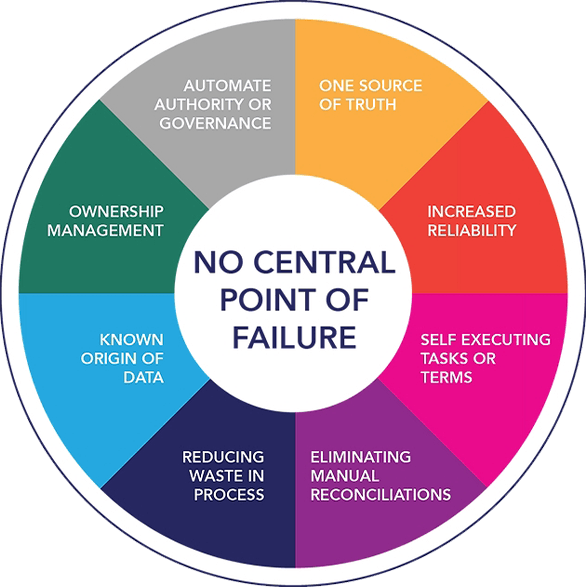The oil and gas industry can greatly benefit from the use of Artificial Intelligence (AI) and Internet of Things (IoT) interoperability with blockchain. AI can enhance various processes within the industry, such as predictive maintenance, supply chain optimization, and risk management. By analyzing large volumes of data collected from sensors and devices deployed throughout the oil and gas infrastructure, AI algorithms can detect patterns, predict equipment failures, and optimize operational efficiency. It can also enable real-time monitoring of critical assets, ensuring early detection of anomalies or potential hazards.
When combined with IoT, AI can leverage the vast network of interconnected devices in the oil and gas industry to collect real-time data and enable seamless communication between various components of the infrastructure. IoT devices, such as sensors and smart meters, can monitor equipment performance, measure environmental conditions, and track inventory levels. This data can then be fed into AI systems, which can extract valuable insights and make informed decisions based on the analyzed information.
The integration of blockchain technology with AI and IoT brings additional benefits to the oil and gas industry. Blockchain provides a secure and transparent platform for storing and sharing data across different stakeholders in the industry. It ensures data integrity, traceability, and immutability, which are crucial for maintaining trust in complex supply chains and regulatory compliance. By combining blockchain with AI and IoT, the industry can create a decentralized and tamper-proof ledger of all transactions, including smart contracts, inventory management, and asset tracking. This can streamline processes, reduce costs, and eliminate the need for intermediaries, ultimately improving efficiency and fostering collaboration between different entities in the oil and gas ecosystem.
Blockchain’s decentralised and distributed digital ledger technologies have many exciting energy sector applications. Immutable transactions will improve countless operations, reduce costs and prevent discrepancies across all aspects of our work. Secure peer-to-peer trading is also likely to lead to keen competitive pricing and considerable commercial benefit to users. Blockchain-based contracting is already responsible for smarter, automated verification of supply chain outputs and, as a result, could significantly reduce administrative burdens too. The potential for blockchain’s fixed records has also been noted by regulators and authorities and could become a key tool in their efforts to reduce criminality and fraud. While these exciting possibilities are emerging, the actual future of Blockchain in the energy sector remains open. The list of opportunities to explore keeps growing.
